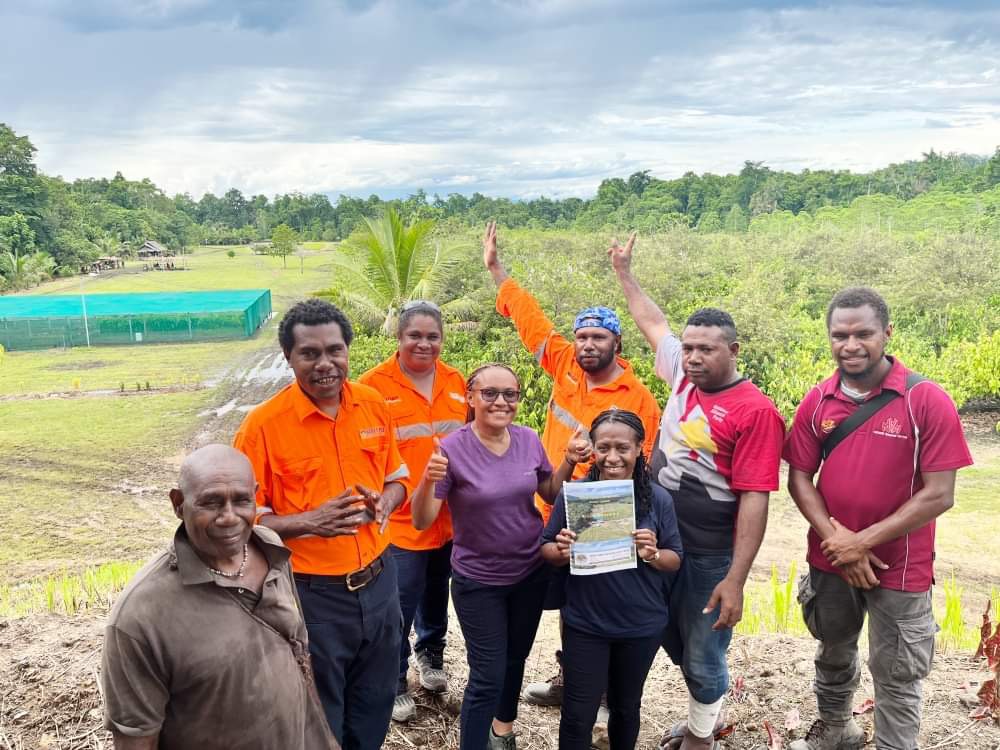NEWS
USAID TEAMS UP WITH MOROBE LOCALS IN COCOA FARMING
![]() By Helen-Jennifer BUBUWAU |
March 20, 2024
By Helen-Jennifer BUBUWAU |
March 20, 2024

Related News
LATEST NEWS



